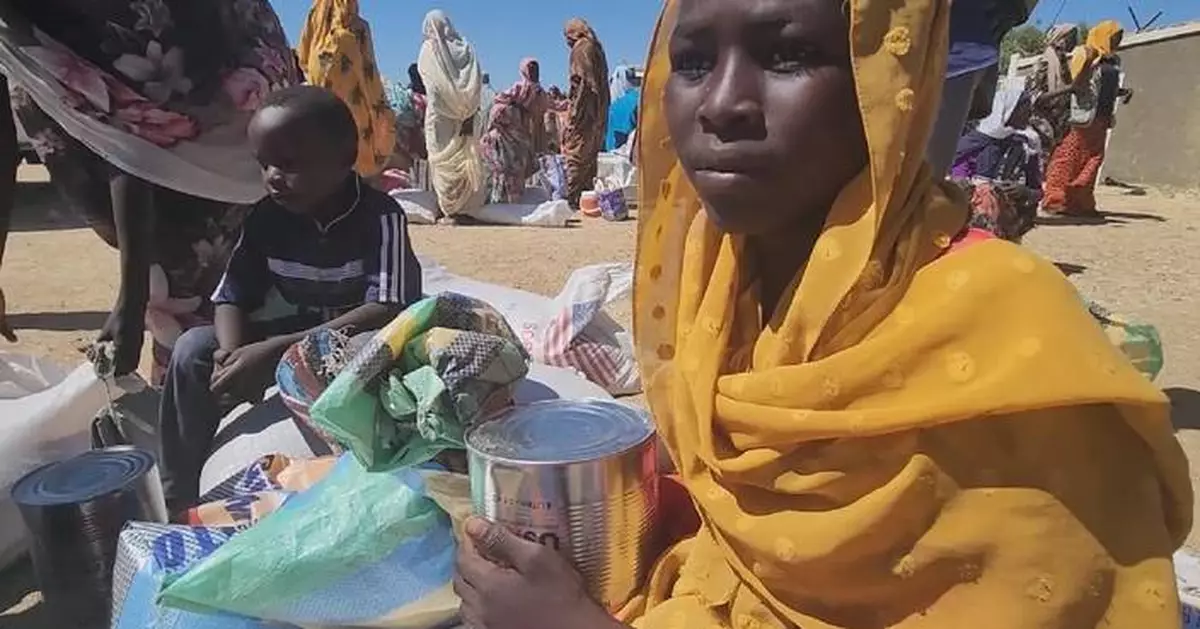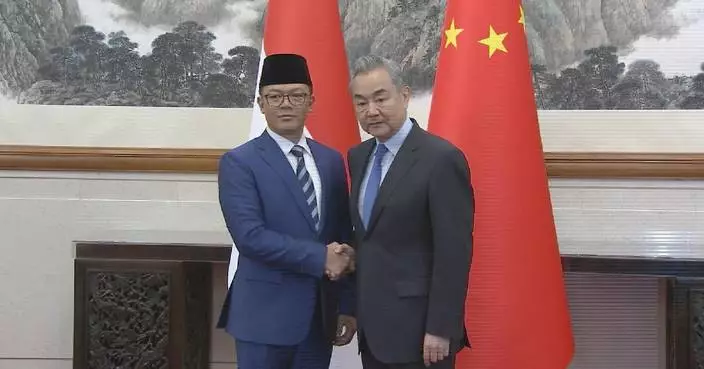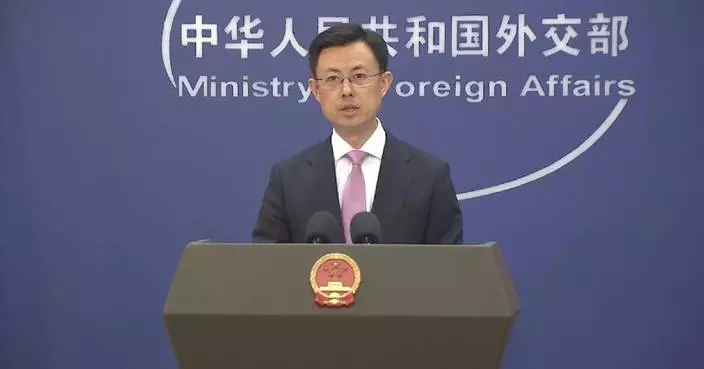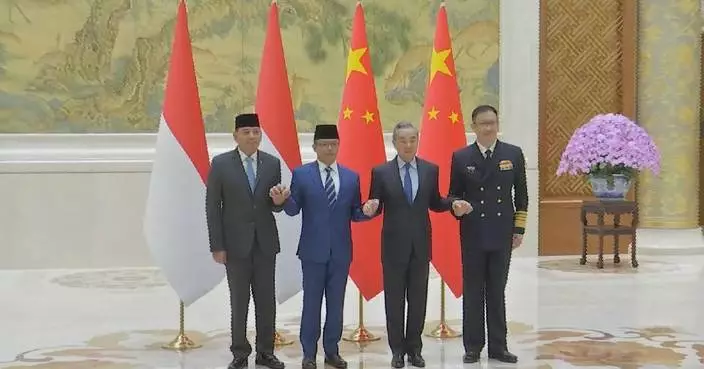Concerns over a worsening humanitarian situation are rising in war-torn Sudan as Tuesday marks an unwanted second anniversary since fighting first broke out between the Sudanese Armed Forces (SAF) and the paramilitary Rapid Support Forces (RSF), with little hope for peace as both sides remain unwilling to negotiate.
The country has been gripped in a devastating conflict since clashes erupted two years ago in the capital Khartoum before spreading to other areas of the country. The brutal fighting has killed at least 29,700 people and displaced nearly 13 million people, creating what the United Nations has described as a "humanitarian crisis of industrial proportions."
In the early stages of the conflict, the RSF initially gained the upper hand. However, since September 2024, the SAF have shifted from a defensive stance to an offensive one, launching large-scale military operations in several RSF-controlled areas and gradually regaining momentum on the battlefield.
In late March, the Sudanese army announced it had taken control of the Khartoum International Airport, which had been held by the paramilitary group since the start of the crisis, as well as the main camp of the latter's last major stronghold in southern Khartoum. RSF leaders acknowledged their forces had withdrawn from the capital but emphasized their resolve to return with "greater determination."
Meanwhile, in Darfur, the conflict's other main front in the west of Sudan, the RSF continues to maintain the upper hand.
In the three states of the central Kordofan province, the situation remains largely in a stalemate between the two sides.
"Many states in Sudan have become war zones and are out of control of the government, and the government cannot control its economy," said Mustafa Al-Bashari, a Sudanese scholar.
According to UN data, the ongoing conflict has plunged the Sudanese population into an unprecedented humanitarian crisis, with approximately 30 million people in urgent need of assistance.
Despite this dire situation, with both sides vowing to continue fighting while rejecting calls for negotiations, the Sudanese people are still clinging onto the hope that all factions will come together to bring an end to the crisis as soon as possible.
"The conflict has not stopped; it continues. Everyone must work together to end the conflict and rebuild our country," said Mosaab Mohammed, a resident of Port Sudan, the capital city of the eastern Red Sea State.
The ongoing fighting has inflicted heavy damage on the country's infrastructure and brought considerable social challenges. In many areas, essential services such as electricity, water supply, gas, and communication have been disrupted, while shortages of food, medicine, and fuel have further compounded the crisis. Over the past two years, numerous power stations, substations, and transmission networks have been destroyed, severely impacting Sudan's electricity production and distribution system.
Additionally, Sudan's largest oil refinery has been repeatedly targeted and forced to shut down since the start of the conflict, creating a significant fuel supply gap. Many regions are experiencing critical shortages of gasoline and diesel, disrupting both daily life and economic activities.
The situation is even worse at refugee camps and in displaced persons' reception centers, where power is said to be available for only a few hours each day.
"Long-term power outages have made our life unsustainable. Many banks, bakeries, and shops have closed down due to the power shortages. Without electricity, many industries are left paralyzed," said Ammar Al-Dardiri, a displaced person.
In addition to the ongoing power shortages, many areas in Sudan are also facing a severe drinking water crisis. Water supply stations and pipelines in several cities have been destroyed, and there is a critical shortage of maintenance supplies and personnel.
Furthermore, the sewage treatment system in many parts of the country has been severely damaged, leading to the contamination of water sources, the breeding of mosquitoes, and deteriorating environmental conditions. This has contributed to the widespread transmission of infectious diseases such as cholera, malaria, and diarrhea.
With the rainy season approaching, experts worry the impact of heavy rainfall on the already ineffective sewage treatment system could further exacerbate the risk of epidemics in the war-torn country.
"The water shortage is a very serious problem and a challenge that all of society must tackle together. It will also pose significant hidden dangers to public health," said Oshik Ahmed, a water treatment expert.
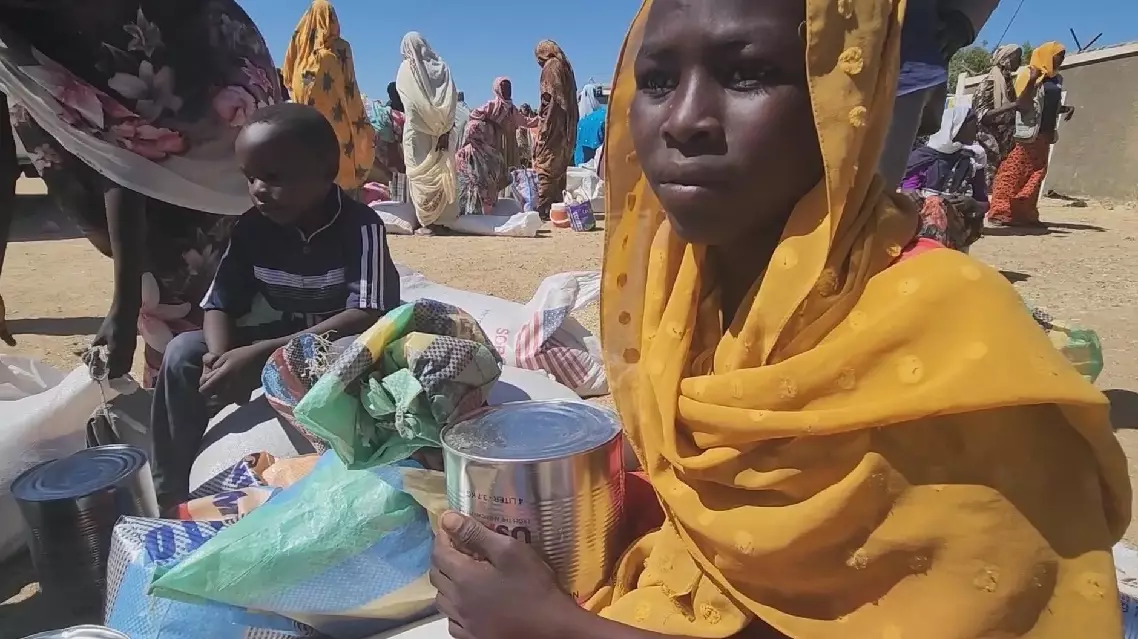
Humanitarian crisis deepens as brutal Sudan conflict enters third year


